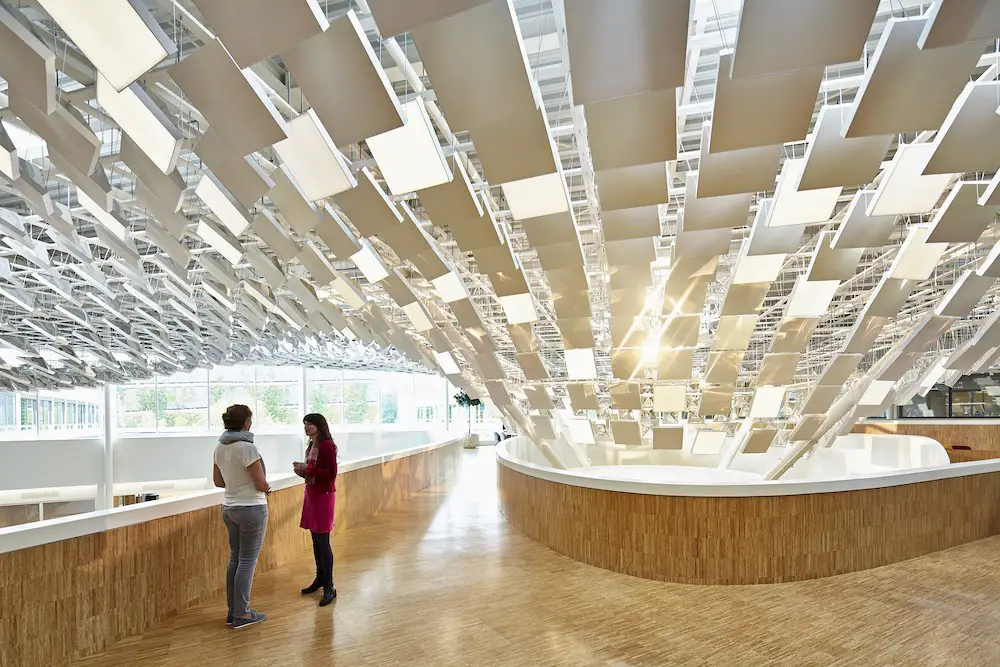The Glow of Philips: A Legacy in Light
Eindhoven's transformation began with the establishment of Philips in 1891. The company, initially focused on light bulbs, grew into a global electronics giant. This industrial boom left a lasting imprint on the city, not just economically but architecturally. The iconic Philips Light Tower, once a factory for incandescent bulbs, now stands as a symbol of innovation, housing modern offices and creative spaces.
Strijp-S: From Factory Floors to Creative Hub
![]()
Strijp-S, once the heart of Philips' manufacturing, has been repurposed into a vibrant district. The old factories have been converted into lofts, studios, and event spaces. This area now hosts the annual Dutch Design Week, attracting designers and visitors from around the world. The juxtaposition of industrial structures with contemporary design elements highlights Eindhoven's commitment to preserving its heritage while embracing modernity.

The Evoluon: A Futuristic Vision

The Evoluon, a UFO-shaped building, was originally built by Philips in 1966 as a science museum. Its futuristic design was ahead of its time, symbolizing the forward-thinking ethos of the company. Today, it serves as a conference center and a reminder of the city's innovative spirit. The Evoluon's unique architecture continues to inspire new generations of designers and architects.
High Tech Campus: Innovation in a Green Setting
Eindhoven's High Tech Campus, often referred to as the "smartest square kilometer in Europe," is a testament to the city's evolution from industrial roots to a hub of technology and innovation. The campus, which houses over 200 companies, is designed to foster collaboration and creativity. Its green spaces and sustainable buildings reflect a modern approach to urban planning, integrating nature with technology.
The Van Abbemuseum: Bridging Past and Present
While not directly linked to the industrial past, the Van Abbemuseum's architecture reflects Eindhoven's blend of old and new. The museum, known for its contemporary art collection, features a modern extension that contrasts with its original 1930s structure. This architectural dialogue between eras mirrors the city's broader narrative of transformation and innovation.










